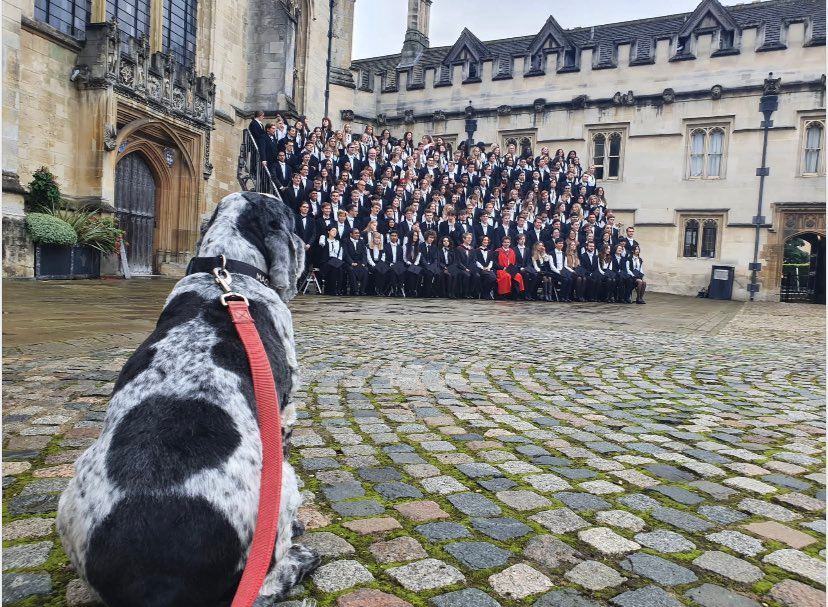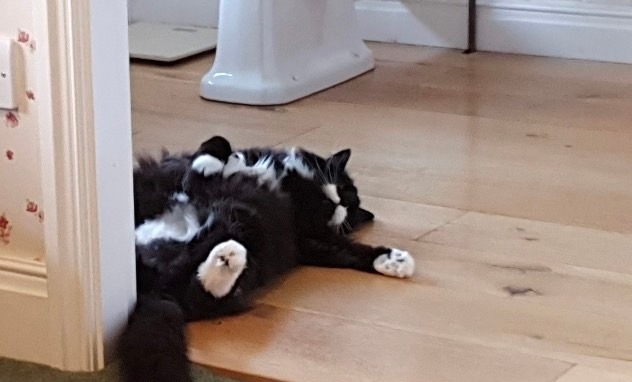Students from St Benet’s Hall have been reallocated to other colleges and Permanent Private Halls (PPHs) across the University.
The Hall announced on 2nd June that it had to vacate its premises by 7th October as the buildings had been placed on the market by Ampleforth Abbey Trust (AAT). This followed the University’s decision on 9th May not to renew St Benet’s teaching license because it judged the PPH financially unsustainable. Involving over 70 students, this is the largest inter-college redistribution of students in Oxford’s modern history.
All students of St Benet’s Hall with one or more years of study remaining were told on 5th July where they had been reallocated, although the exact mechanics of the reallocation process remain unclear. Samuel Kenny, the Hall’s JCR Secretary, told Cherwell that the University essentially sent out an “SOS to all the colleges”, listing the number of students, their course and year of study.
Kenny criticised the University for failing to adequately communicate to students what was happening to them, claiming that “at one point emails weren’t being replied to” and labelling University communication “very limited … [and] very stressful” . Mikyle Ossman, a second year student who has been reallocated to Christ Church, told Cherwell he thought the reallocation process was “as fair as getting pooled”. But he echoed Kenny’s criticism of the University’s communication: “We weren’t really told anything. […] Anything we did find out was through back channels or hearsay.”
Cherwell spoke to a student who appealed their reallocation but had their appeal denied. They knew of a few other students who had tried to appeal but none who had succeeded. It was hard to lodge an appeal because it was not made clear on what grounds an appeal could be made: “[The University] didn’t really tell you how to appeal, that wasn’t something that was communicated until people asked. […] I don’t think a lot of people even knew about the fact that it was an option. […] They’ve been so unhelpful, it’s really disappointing.” A University spokesperson told Cherwell it had “worked hard to account for individual student’s welfare needs” and was “confident that all continuing students will continue to enjoy a high quality of education”.
Students can also apply for migration, which is a longstanding mechanism separate from the reallocation process which allows students at the University to apply to change colleges. Cherwell is aware of at least two reallocated students successfully applying for migration, both after being reallocated to Regent’s Park College. A significant proportion of students – 29 out of over 60 undergraduates – were reallocated to Regent’s, also a PPH.
Elizabeth Crawford, Interim Principal at Regent’s, told Cherwell: “Regent’s was approached because of the overlap of subjects taught in each College and pre-existing arrangements for collaboration. […] We were informed that there was a strong preference amongst St Benet’s students [to remain together]. […] There have been two recent [migrations], both of which meet the Collegiate rules … for a ‘compelling’ reason. […] We were surprised to hear that there was some prevailing misperception amongst some students at St Benet’s that Regent’s Park was as fragile an institution as St Benet’s. […] It is a matter of public record that Regent’s Park owns its own buildings … is completely debt-free, has an endowment of nearly £8 [million], and is currently running a surplus. […] Regent’s Park College is delighted to welcome our new students and is fully committed to giving them a good student experience.”
Both students who migrated from Regent’s were apparently Classics students. Kenny told Cherwell he was concerned for Classicists reallocated from St Benet’s to Regent’s as normally the latter only takes one or two Classics students whereas with the reallocated students there would now be between six to eight Classicists starting their second year at Regent’s. It is also alleged that Regent’s plan to phase out the course. A student studying Classics at Regent’s told Cherwell that this was “deeply disappointing”.
Housing was another key issue. Kenny had expected to live-in at St Benet’s this year but discovered after he was reallocated to Regent’s that they had no available college accommodation. The University wanted to put him in graduate accommodation for £713 per month on a ten month contract, quite different to the St Benet’s accommodation he had budgeted for which operated on a term-time contract. Kenny managed to arrange to live-out at the last minute, but said he finds it “utterly ludicrous” that the University reallocated students to colleges that could not house them. Another student in a similar situation was unable to arrange to live-out at such short notice. Initially the University offered them graduate accommodation that was “very much” out of their budget and gave them only a week to confirm. After several students emailed to complain about the price, the University adjusted their offer to match what students had expected to pay at St Benet’s.
While relieved that the prices had been adjusted, the student thought the University had paid little attention to how the accommodation arrangement would impact student welfare: “This has just added extra stress on top of changes to social and academic life going into final year which will not only affect my wellbeing but also academic performance.”
Image Credit: Janet McKnight/CC BY 2.0






